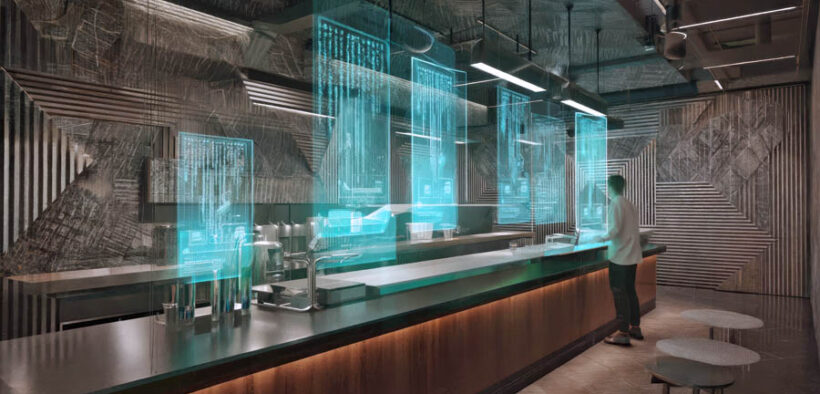Hospitality unions must adapt to tech-driven workforce

With more than 30 years in the hospitality and service sector, I have seen this industry evolve in many ways. One thing is clear: technology, especially artificial intelligence, holds incredible potential to transform how we work and serve our guests.
However, despite these advancements, labor unions — a key voice for workers — have struggled to keep pace with the rapidly changing environment.
From a conservative standpoint, I believe in the importance of individual responsibility, adaptability and practical collaboration to meet the challenges ahead. While I am not a fan of labor unions in their current form, I fully respect their democratic legitimacy and the critical role they play in representing workers.
Workers matter.
Their concerns and rights deserve a platform. That said, the reality of today’s workforce and industry demands that unions, employers and workers come together in a spirit of cooperation to advance collectively.
Puerto Rico’s hospitality sector is booming, a sign of great opportunity but also of great challenge. In the first four months of 2025 alone, lodging revenues soared to $819 million, marking a record start fueled by tourism growth and short-term rentals.
The hotel industry remains strong, with occupancy rates recovering steadily and a growing luxury hotel segment showing investor confidence. Employment in leisure and hospitality is growing, though wages remain notably lower than the U.S. mainland average ($17.98 versus $32.66 per hour), indicating opportunities and needs for upskilling and workforce development.
However, while Puerto Rico’s tourism market advances swiftly, the workforce’s preparedness lags regarding the demands of a technology-driven, bilingual and globally competitive industry. Education and training programs have not evolved enough to equip workers with digital skills, AI literacy or bilingual capabilities required today.
This skill gap is evident in workforce segmentation by language, limiting full participation in what should be a bilingual economy.
Unions like La Gastronómica Local 610, with their history advocating worker rights, must now ask: What is our value proposition today? Without embracing technological progress, supporting language skills and fostering partnerships with education to prepare future hospitality professionals, unions risk becoming obsolete.
A new collaboration model between unions, employers and academia is essential to create flexible agreements, promote continuous upskilling and prepare workers for the future.
Labor unions have a unique opportunity to lead this change by offering real value that meets evolving industry and worker needs.
As someone who values conservative principles such as accountability and innovation, I believe labor unions have a place in the future — but only if they embrace collaboration and forward thinking.
Hospitality is about connection: cultures, guests and colleagues. For Puerto Rico, a world-class host destination, unions must become champions of progress that strengthen both workers and the industry.
The time is now for unions to reevaluate and reposition themselves — not just as defenders of the past, but as architects of a workforce ready for tomorrow’s challenges. I stand willing to work together with unions and all stakeholders committed to advancing Puerto Rico’s hospitality future.

Antonio Santos has more than 30 years of experience in hospitality, service and tourism. In 2024, he ran for Puerto Rico’s House of Representatives, representing District 1 in San Juan as a candidate for the Conservative Party Proyecto Dignidad. He has advocated for entrepreneurship and policies supporting small government and economic independence.












